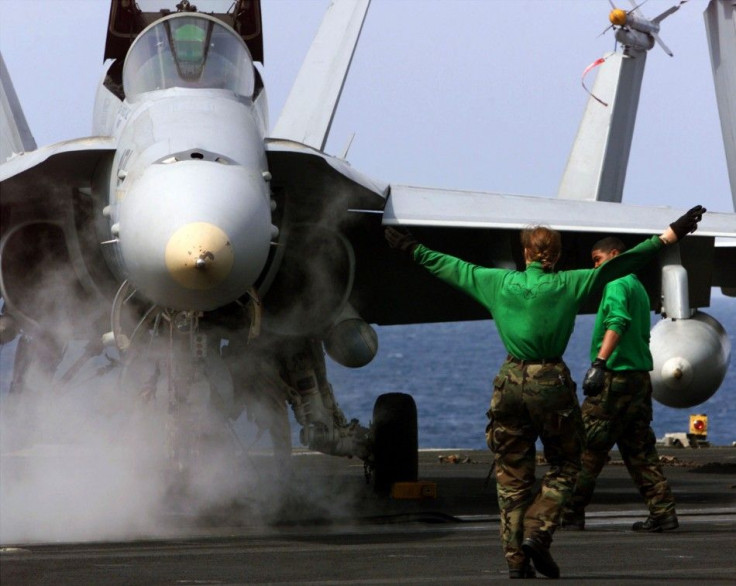House Rebukes Obama, Defeats Resolution Authorizing U.S. Mission in Libya

The U.S. House Friday voted down a bill that would haven given President Barack Obama the authority to continue the U.S. military action against Libya.
The Republican-led House defeated the measure 295-123, The AP reported. The vote has no immediate effect on American involvement - it will not result in an immediate change in defense funding or military strategy - but it does represent a repudiation of the commander in chief. In the vote, 70 Democrats joined 225 Republicans to defeat the measure.
What's more, the vote marks the first instance since 1999 that either chamber has voted against a military operation. The last time was President Bill Clinton's authority in the Bosnian War.
House Republican leaders pushed for the vote, with members contending that the president broke the law by failing to seek Congressional approval for the 3-month war/military engagement. Conversely, Congressional Democrats dismiss the contention, and accuse the Republican Party of playing politics with national security.
The Obama administration also argues that the United States is not involved in a war in Libya, and hence, the War Powers Act does not apply to action taken there. The aforementioned is a fairly narrow interpretation of military force - one that many U.S. constitutional law scholars disagree with; however, other scholars note that Obama's commander in chief actions are consistent with policies by recent presidents that have resulted in an expansion of the president's force-implementing authority.
From a constitutional standpoint, the U.S. Congress has the power to declare war, but the U.S. President is the commander in chief of the nation's armed forces. In the nuclear era, the president's force-implementing authority has gradually expanded; more recently, intervention for human rights reasons has resulted in still more military deployments initiated by the president.
© Copyright IBTimes 2025. All rights reserved.





















